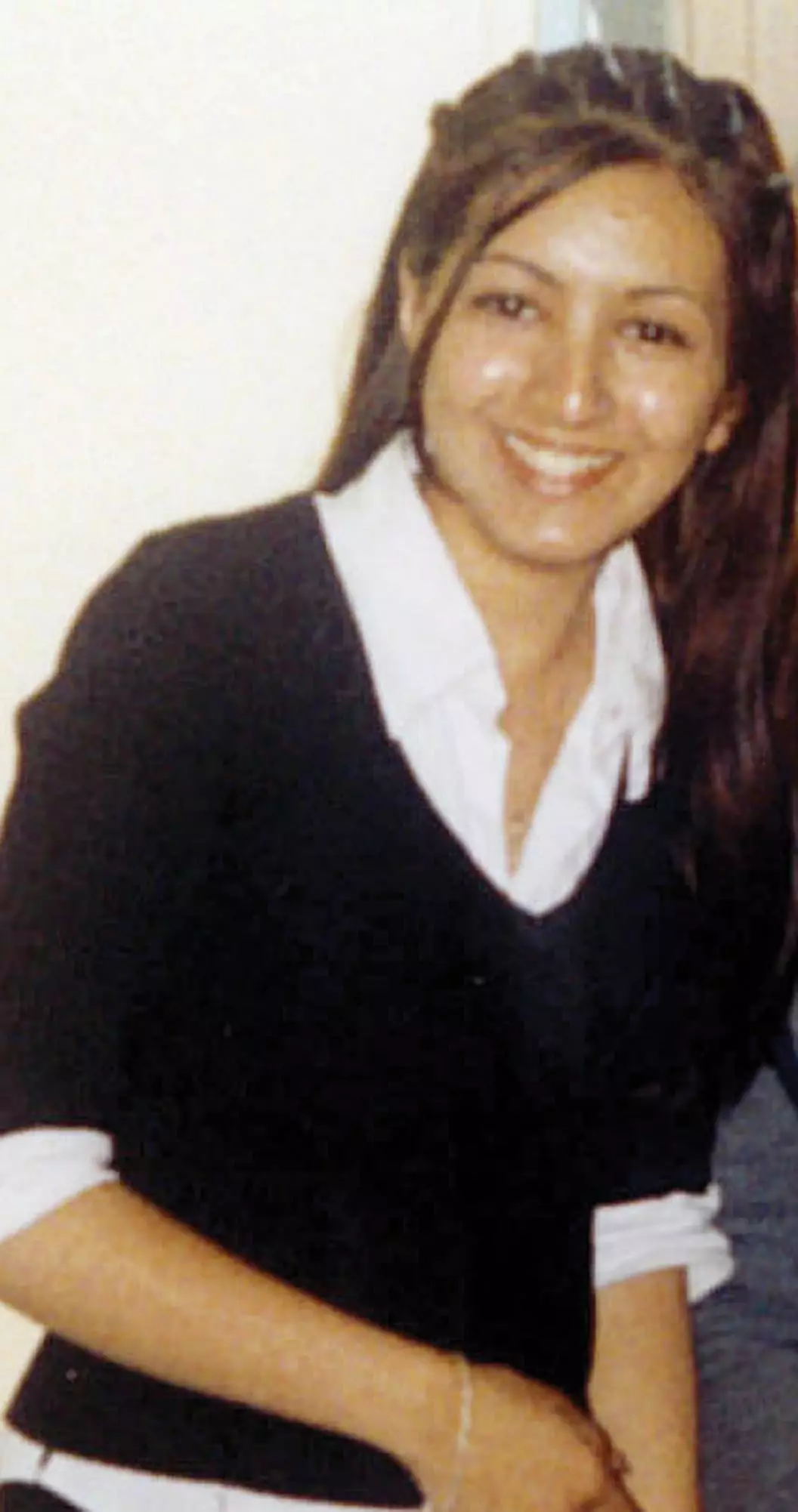
Credit: Instagram/qandeelbalochquebee
The killing of Qandeel Baloch by her brother Muhammad Waseem Baloch on Sunday shocked the world.
Qandeel was a strong feminist icon and an inspiration to many Pakistani women. She lived her life on social media, like thousands of girls do in the west without giving it a second thought. Her brother, however, wasn't happy with her lifestyle and believed she was bringing shame on the family. He then took the drastic and tragic steps to make sure she stopped; he drugged her and then strangled her.
Disgustingly, he said after his arrest: "I am proud of what I did. I drugged her first, then I killed her. She was bringing dishonour to our family. Girls are born to stay home and follow traditions. My sister never did that."
Sadly, this case isn't unusual by any means, in fact possibly the only reason it's getting so much media attention is because Qandeel was so active on social media. Statistics from the Honour Based Violence Awareness Network claim that there are 5000 'honour' killings per year. One in five of these happen in Pakistan.
A murder is described as an 'honour' killings when the victim, usually a woman, is killed by her family, or occasionally the local community, in order to restore 'honour' that's been lost due to her (sometimes his), behaviour.
This 'honour' can be lost in a number of ways, from a woman refusing to marry a partner her family has picked for her, dating outside her religion or even her dress or choice of job.
Calling these terrible crimes 'honour killings' is often considered part of the problem because there's nothing honourable about the murder of these innocent women. Campaigners would like to have the name changed so that those carrying out the crimes are under no illusions that what they are doing is related to honour in anyway.
Pakistan's Prime Minister, Nawaz Sharif, has promised to deal with the problem. Speaking six months ago he said: "There is no honour in honour killing... there can be nothing more degrading than to engage in brutal murder and to refer to it as honour." But critics are quick to point out that he still hasn't taken any concrete steps towards making a change.
This problem isn't just confined to Pakistan, though; the UK has, on average, 12 cases of 'honour'-based murders every year.
Shafilea Ahmed was 17-years-old when she was brutally killed by her mum and dad, who suffocated Shafilea with a plastic bag, after years of abuse, for what they thought was shaming the family and disrespecting them. Both of her parents were sentenced to minimum of 25 years.

Credit: PA
Speaking as he sentenced them, Mr Justice Evans said: "A desire that she understood and appreciated the cultural heritage from which she came is perfectly understandable, but an expectation that she live in a sealed cultural environment separate from the culture of the country in which she lived was unrealistic, destructive and cruel."
While those who carry out 'honour' killings in the UK will face a trial, a legal loophole in Pakistan means that those who carry out these crimes can go free. By law the families of murder victims can pardon the killer - and with 'honour' killings mainly carried out by family members, I think you can see how that works out.
However, the Time of India reports that in Qandeel's case Pakastani authorities have barred the family from legally 'forgiving' their son. Perhaps because it knows that the eyes of the world will be following this case closely.
We can only hope that this is the start of something bigger to protect these innocent women.
Advert
Words Claire Reid
Featured Image Credit: